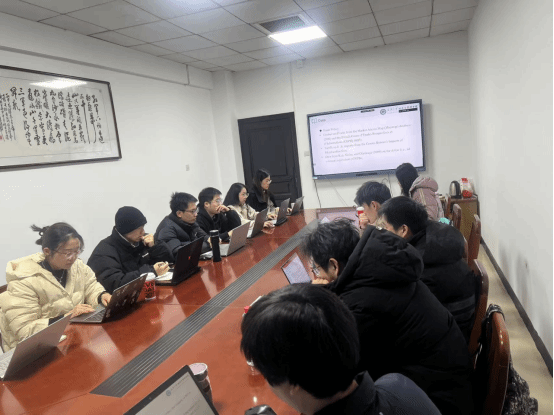时间:2024年12月21(周六)9:00
地点:气候变化与能源经济研究中心会议室
Paper1:尹洁 THE ENVIRONMENTAL BIAS OF TRADE POLICY
摘要:This article describes a new fact, then analyzes its causes and consequences: in most countries, import tariffs and nontariff barriers are substantially lower on dirty than on clean industries, where an industry’s “dirtiness” is defined as its carbon dioxide (CO2) emissions per dollar of output. This difference in trade policy creates a global implicit subsidy to CO2 emissions in internationally traded goods and contributes to climate change. This global implicit subsidy to CO2 emissions totals several hundred billion dollars annually. The greater protection of downstream industries, which are relatively clean, substantially accounts for this pattern. The downstream pattern can be explained by theories where industries lobby for low tariffs on their inputs but final consumers are poorly organized. A quantitative general equilibrium model suggests that if countries applied similar trade policies to clean and dirty goods, global CO2 emissions would decreas额and global real income would change little.
Paper2:陈蕾如 How does artificial intelligence affect manufacturing firms' energy intensity
摘要:This paper investigates the effects of artificial intelligence (AI) on manufacturing firms' energy intensity (EI) by examining the substitutive role of AI in factor inputs. We assess how AI advancements and the assimilation can improve productivity and enhance energy efficiency, potentially reducing EI. Using a dataset of Chinese listed manufacturing companies from 2006 to 2020, this study quantifies AI adoption through text analysis of firms' annual reports. The findings indicate that AI applications can significantly improve production efficiency and energy efficiency, thereby significantly diminishing firms' EI. This trend is more pronounced for private sector companies and for firms in cities not included in the smart city pilot project. The study concludes with policy recommendations to advance energy conservation and emissions reduction.
